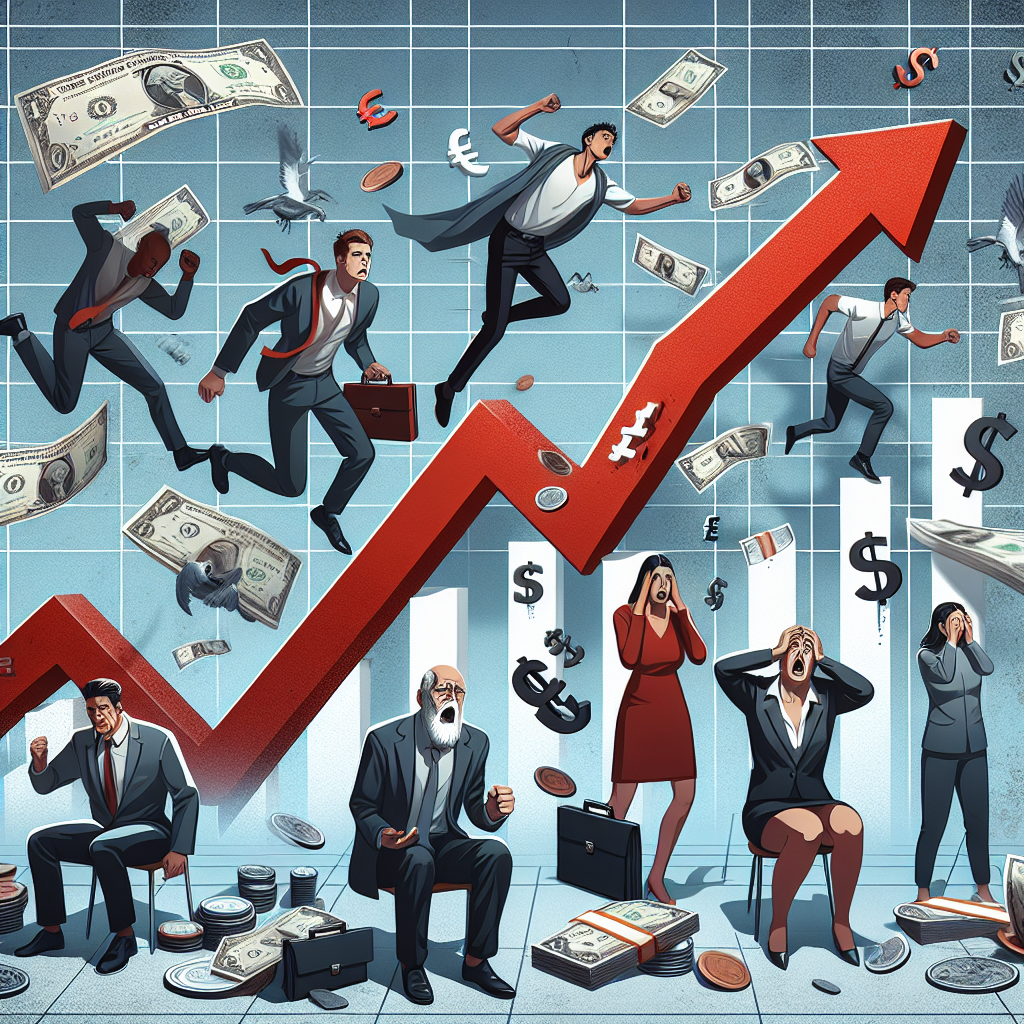In recent times, individuals have observed a troubling shift in their living standards, experiencing inferior goods and services at inflated prices across various venues like grocery stores, restaurants, and airports. This decline can be attributed not to the producers of goods or services, such as butchers and gas station owners, but rather to government inflation. Doug Casey argues that producers are essential contributors to real wealth, while inflation, propagated by the state and central banks like the Federal Reserve, represents a nuanced theft of capital. The underlying cause of inflation is an increase in currency supply outpacing genuine wealth production, leading to higher prices that erode the purchasing power of the dollar and entrench economic difficulties for consumers.
Inflation not only impacts the economy but also has moral ramifications. According to Casey, the primary instinct for survival drives entities—be they individuals, corporations, or governments—to adopt unethical behaviors in response to inflationary pressures. The erosion of wealth through inflation cultivates an environment of distrust and moral decay, whereby unethical actions can become normalized as individuals try to maintain their living standards. Inflation is seen as a form of theft, subtly degrading ethical standards, which can lead to more extreme societal issues, including revolutions that can upend established social structures. The response to diminishing wealth due to inflation reflects a pivotal failure in the moral fabric of society.
Casey also highlights the correlation between inflation and a growing litigious society, wherein individuals may resort to lawsuits as a means of redress rather than productive economic activity. He posits that as citizens observe others gaining wealth without contributing to production — often through the exploitation of legal mechanisms — it fosters a sense of injustice. This creates a society rife with legal opportunism, where individuals increasingly view the legal system as a venue for loss recovery rather than for establishing justice. The U.S., featuring over a million lawyers, suffers from systemic corruption where the legal framework itself becomes a tool for theft, obscuring the boundaries of legitimate economic activity and reinforcing the cycle of distrust and moral degradation.
Historically, rampant inflation has led to social and cultural upheaval. Casey cites the collapse of Chiang Kai-shek’s regime in China post-World War II and the hyperinflation of the Weimar Republic after World War I as poignant examples. In both cases, economic instability resulted in societal chaos, exemplified by street riots. The destruction of currency often incites feelings of betrayal among citizens — those who diligently saved and invested their efforts find their life’s work devalued. In countries marked by perennial inflation, political instability arises when individuals gravitate toward governance as a means to secure wealth rather than focusing on productivity, underscoring a broader societal erosion triggered by economic dysfunction.
To shield oneself from both financial and social repercussions of inflation, Casey advocates for personal development through acquiring a comprehensive skill set. He emphasizes a wide-ranging knowledge base that enables individuals to adapt to changing economic conditions while generating value. Referencing Robert Heinlein, he contends that a truly competent person should possess diverse skills, making them capable of contributing meaningfully to society. The focus on personal competency and versatility contrasts sharply with traditional education paths, which Casey critiques as often being a waste of resources and time. Instead of assimilating potentially flawed ideological teachings in a university setting, individuals should seek alternative ways to educate themselves that emphasize practical and useful life skills.
In summary, the implications of inflation extend far beyond mere economics; they permeate the very social, moral, and political frameworks of society. Casey emphasizes that inflation serves as a form of theft that results in a profound decline in ethical standards, cultivates a litigious culture, and diminishes the foundational trust necessary for stable social order. As historic examples illustrate, the ramifications of unchecked inflation can devastate societal structures. Therefore, individuals must prepare themselves to navigate this landscape through skill acquisition and personal development, enabling them to thrive regardless of broader economic challenges. By adopting a proactive stance and focusing on producing rather than just consuming, individuals can better safeguard their wealth and contribute to a healthier, more resilient society.

